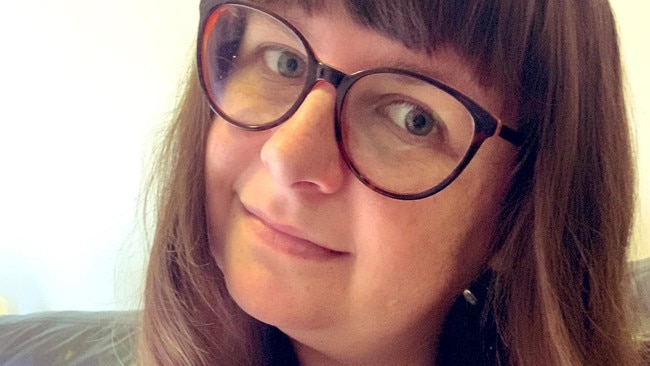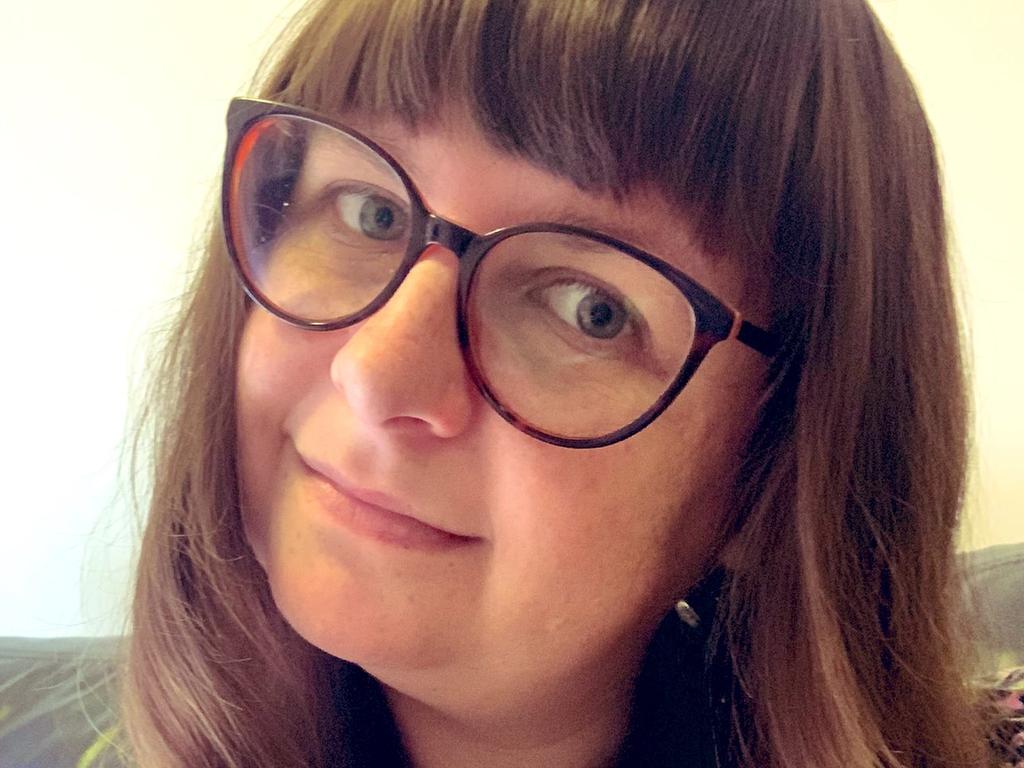Diversity comes in many colours but we’re stuck on shades of grey
The reason you see a lot of white people in the workforce in Australia is because there are a lot of white people around.

To explain: the parent company, Nine Entertainment, had received some money from the Copyright Agency and the Judith Neilson Institute to hire some “emerging critics” for the arts pages. They chose five people, and all were white.
Two promptly quit, saying: “Our resignation is in opposition to the lack of diversity in the selection, which resulted in an all-white group of peers.”
A third, Tiarney Miekus, described the whiteness of the group as “completely appalling and shameful”. She did not quit but will give up some of her salary to encourage Nine to hire more writers who are BIPOC — that’s black, indigenous or people of colour.
A white critic, Cassie Tongue, is “in discussions” to do the same.
The fifth, Chloe Wolifson, has not shown her hand.
Hi all, I'm resigning, with @beckavanagh, as an emerging book critic for @theage/@smh, an initiative generously funded by @CopyrightAgency and @JN_Institute. The selection of all-white critics fails to reflect Australia's cultural diversity. Our full statement is below. (1/3) pic.twitter.com/77Rz4WGE4W
— Jack Callil (@Jack_Callil) June 22, 2020
Nine now has had to readvertise the positions, with the emphasis on “diversity”.
I was reading the comments on the story — yes, of course we read the comments! — and I saw one reader who said: “I am over 70 and would like the fifth still employed young critic to resign in protest against Nine not hiring enough older Australians. This is entrenched ageism. I am of course available for the position and could do with the grant as well.” I think she was being facetious but it’s actually fair enough.
There is a diversity movement under way but it’s a narrow definition of diversity being employed here. Why shouldn’t Nine hire a dynamic woman in her 70s to be an emerging art critic? Women of a certain age make up a goodly proportion of theatre-goers and art lovers. Women over 50 fill the seats at literary festivals and they buy most of the books.
The reader’s comment got quite a bit of support: “Totally agree … staggering that these grants go solely to the younger, less qualified, less experienced candidates … ageism is strangely a huge prejudice that the left overlooks.”
The Australian Human Rights Commission has done a report on this subject, and it says companies show a reluctance to hire older workers. And by older, I should tell you, it means over 50.
Diversity can’t mean only racial diversity, and there was a time when it didn’t. Back when I was starting out, it meant gender. Most firms were under pressure to hire more women, and most of the emerging critics were women, but that work is apparently done. We used to think also about diversity in age, and also — and here’s a subject that’s near untouchable in Australia — class.
What if some of the group had been working-class kids from state schools? Could they have then stayed? What if some had been same-sex attracted? And what about diversity in education, meaning fewer people who haven’t been able to go to university? It was fairly common a few decades ago for young people to start their careers straight out of school — famously, you’d get a burger flipper such as Australian Charlie Bell running McDonalds, or a former teller such as Ralph Norris running the Commonwealth Bank.
Now the focus is solely on race, with the aim, we are told, of creating a workforce that more accurately reflects the Australian community. But if we in fact insisted on that, how would the workforce look?
Well, the uncomfortable truth for many activists is that you’d end up with a lot of employees who are older, white, conservative — that’s diversity of political opinion — and Christian. Because that’s Australia, too.
According to the 2016 census, about two-thirds, or 67 per cent, of the population was born right here. Asked about ancestry, the English dominate, at 36 per cent; Australians are next at 33 per cent, then come the Irish (11 per cent), Scottish (9 per cent) and only then do we see the first Asian nation, the Chinese, at a tiny 5.6 per cent. Then come the Italians, the Germans, the Greek and the Dutch. Those identifying as Aboriginal or Torres Strait Islander comprise 2.8 per cent. Some people like to make a big deal about how we’re being “overrun by Muslims”, but Muslims make up a only 2.6 per cent of the population.
The reason you see a lot of white people in the workforce in Australia, in other words, is because there are a lot of white people around.
That said, if individual white people want to cancel themselves with the aim of creating a racially diverse workforce, well, they should, of course, be allowed to do it.
What troubles me is the cancelling of others.
It has been happening for a while now: this actor or that person’s work being “cancelled” for being racist, sexist, homophobic and so on.
Here’s another example, from last week. There is in NSW a small, dynamic literary magazine called Verity La. It’ s run by a not-for-profit organisation that receives NSW government funds, through Create NSW, to pay writers $100 for each piece. In May, it published a piece of “creative nonfiction” called About Lin, about a white Australian male who travels abroad to sexually exploit a Filipino woman.
The writer was Stuart Cooke of Griffith University. He is a distinguished, experienced, award-winning, well-travelled, multilingual poet whose awards include the Gwen Harwood, Dorothy Porter and New Shoots poetry prizes, the BR Whiting Fellowship, and an Asialink Fellowship to The Philippines. He has translated a variety of indigenous and non-indigenous Australian and Latin American poets.
Cooke’s essay caused outrage in the Filipinx community — people of any gender, including non-binary, gender-queer and gender-fluid people from The Philippines — whose members described it as “narrow minded” and “dumbass”, racist, and misogynist, fetishistic and disablist.
In the face of early criticism, Verity La put a trigger warning on the piece, saying it aimed “to publish work that is strong, bold and provocative. At times, this approach runs the risk of us publishing pieces that some might find offensive.”
Cooke put up a note, too, saying: “I believe it is important to talk about these issues, rather than edit them for the sake of portraying a more palatable form of masculinity.”
They were determined to hold their nerve, in other words. But not for long.
Having endured a week of fierce criticism, Verity La in a statement on Monday apologised unreservedly for the piece, which it now describes as “grossly offensive. We acknowledge that it caused deep harm … We failed badly.” It also cancelled itself — or as the statement put it:“Verity La is taking a break from publishing so we can reflect on the ways in which the journal has been complicit with systemic racism, sexism and disablism … We can do better.”
We are now one literary journal down.
The contretemps left me, and probably others, intrigued to read the piece. What had Cooke said about Australian men who go to The Philippines to abuse local women? What would a reader learn about the cohort of men who do this?
Well, we don’t know.
“We made a grave error in leaving the piece on the journal’s website after that harm had been drawn to our attention,” the journal’s statement continued. “It has been removed from the website and will not be republished by Verity La in any form.”
And so, now, nobody can read it. And so, what do we learn? Nothing. And what does this achieve? I just don’t know.





I had to report this week on some young writers who quit The Age and The Sydney Morning Herald to protest against their own whiteness.